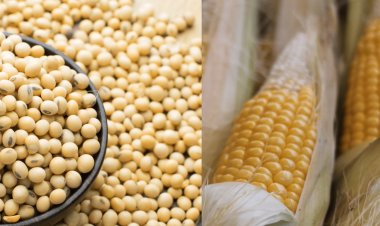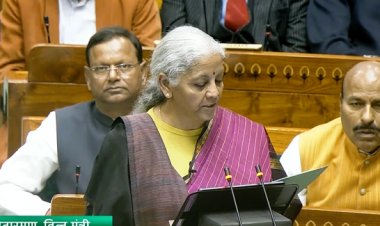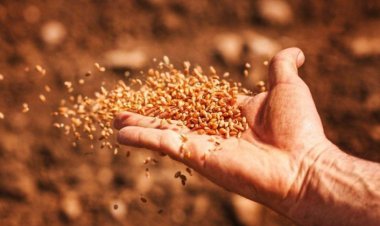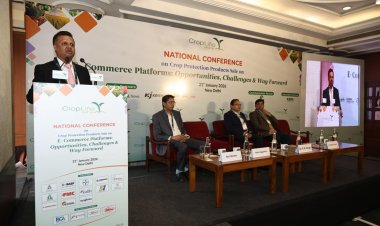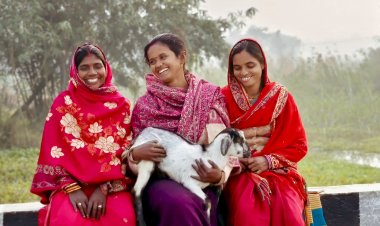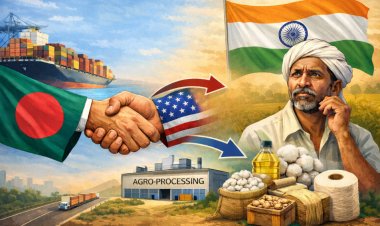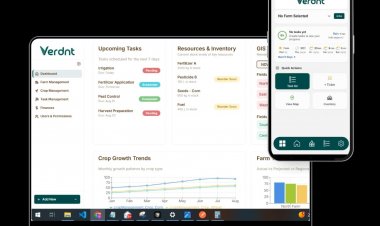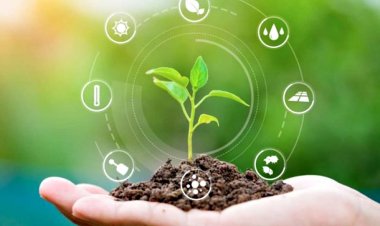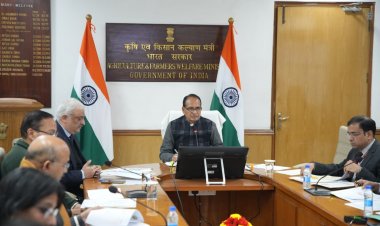Birth of female calf Laxmi heralds’ prosperity
NDDB Dairy Services (NDS) his happy over the birth of the first female calf “Laxmi” under Department of Animal Husbandry & Dairying (DAHD), Government of India’s Accelerated Breed Improvement Programme through IVF Embryo Transplant (ABIP-IVF-ET). The programme targets establishing two lakh pregnancies through transplant of IVF embryos of high genetic merit to enhance the milk yield for dairy farmers.
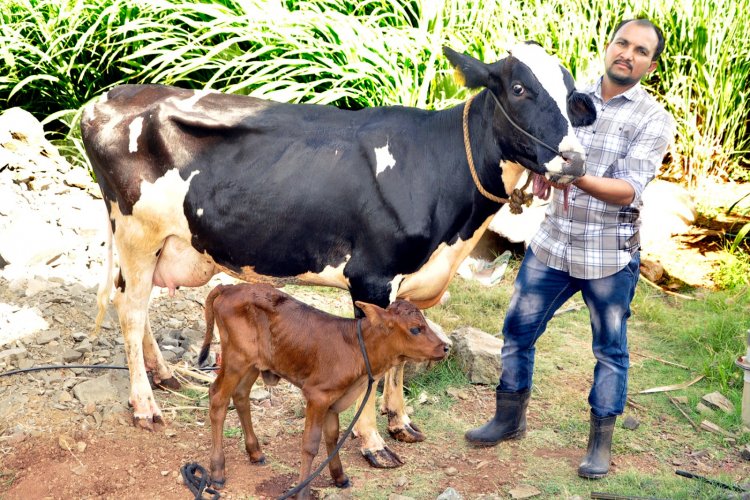
NDDB Dairy Services (NDS) his happy over the birth of the first female calf “Laxmi” under Department of Animal Husbandry & Dairying (DAHD), Government of India’s Accelerated Breed Improvement Programme through IVF Embryo Transplant (ABIP-IVF-ET). The programme targets establishing two lakh pregnancies through transplant of IVF embryos of high genetic merit to enhance the milk yield for dairy farmers.
The results of nine months on ground hard work which started with the transplant of IVF embryos in September 2022 have started coming in. Since, the news of more births only seems to pour in with 13 healthy female births confirmed till date. Laxmi is the first female calf born from the surrogate transplanted with IVF embryo at Rajarambapu Patil Cooperative Milk Union Ltd., Islampur (Sangli) in Maharashtra. More than 250 births are expected in due course from cows and buffaloes whose pregnancies through IVF embryo transplants have been confirmed, says a press release.
“Laxmi is from a high genetic merit IVF embryo having a potential for production of 35-40 kg milk a day, which is nearly double the average of the existing cattle owned by dairy farmers in-this area,” said an exuberant Sushil Dilip Khot, the dairy farmer beneficiary who has just expanded his herd with the birth of Laxmi.
Congratulating the team for the success, NDDB and NDS Chairman Meenesh Shah shared that the journey has not been easy. “When we initially started, the success rate with IVF embryo transplant was as low as 9% which today has reached in some cases up to 46%. The success depends on proper selection of the surrogates and its management and there is still a lot of work required in the area," Shah said.
NDDB’s wholly owned subsidiary NDS is one of the service providers identified by the DAHD, Government of India for execution of the programme. NDS last year kicked off the implementation in September 2022 from Islampur in Maharashtra, said a Company spokesperson.
“We are happy that our efforts are yielding results. This should change the lives of rural and marginal farmers who are participating in the programme. In particular, I wish to congratulate the team at NDDB for overall supervision and monitoring of the programme across the country and NDS for execution of the programme overcoming the various operational challenges,” Shah said.
The NDS team has been working relentlessly for over a year and has already scaled the programme to 15 milk unions in six states i.e. Maharashtra, Rajasthan, Jharkhand, Punjab, Gujarat, and Madhya Pradesh. Since September 2022, the team so far has transferred 1,436 embryos out of which 1,211 have been examined for pregnancies. During the current financial year, the embryo transplant activity would be scaled up and another 3,000 IVF embryo pregnancies are expected to be established.
The choice of breed of the embryo to be transplanted lies with the farmer and the gender sorted IVF embryos of about six indigenous cattle and one buffalo breed have been used to ensure that 90 per cent calves born are female. As the calves will have none of the characteristics of the surrogate, the potential of producing milk goes up to 15-20 kgs from Gir and Sahiwal breeds of cows and 20 kgs from Murrah buffalo breed, the NDS spokesperson said.



 Join the RuralVoice whatsapp group
Join the RuralVoice whatsapp group


















